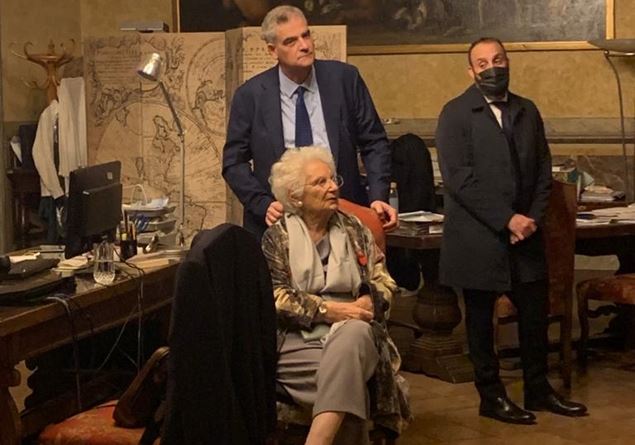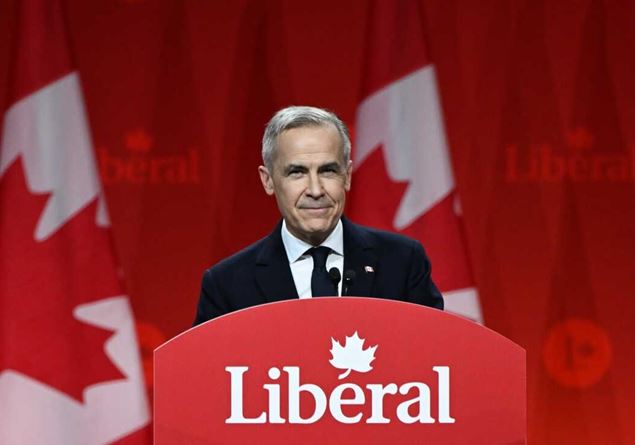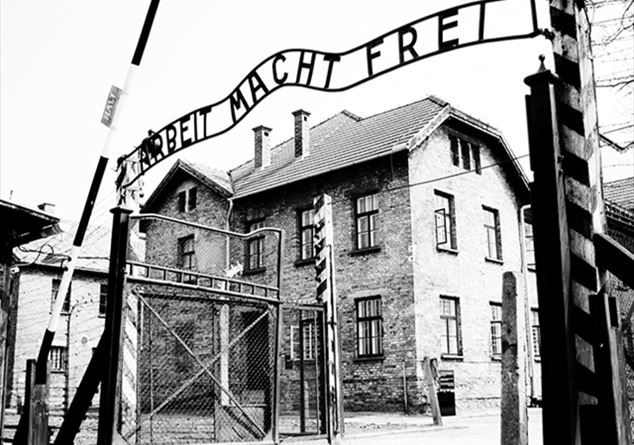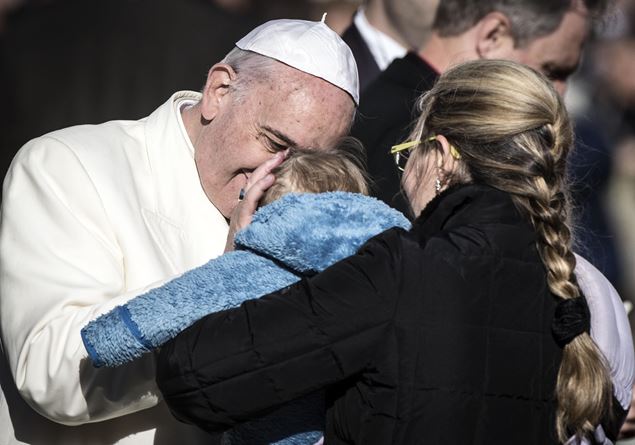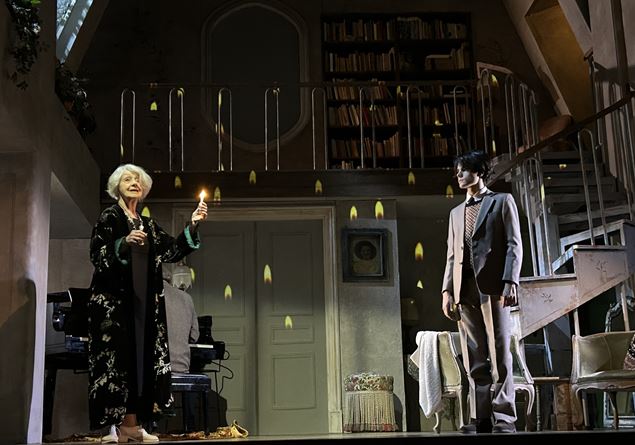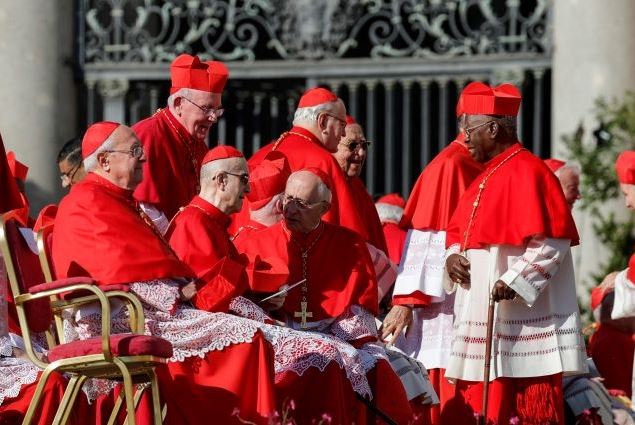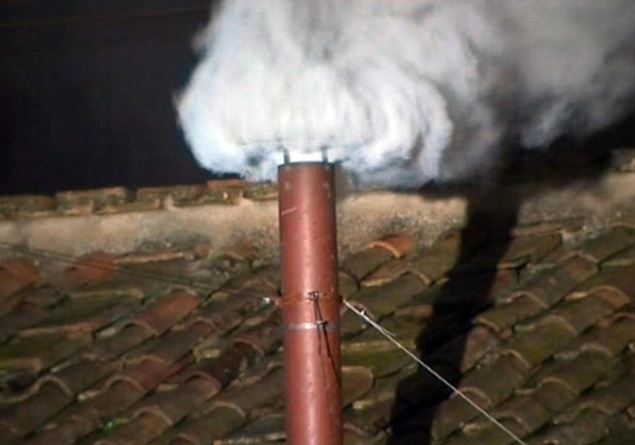Dear friends readers, an article of a few days ago that tells the story of a 28 -year -old boy, he struck me very much, Pasquale Guadagno, son of a woman victim of femicide. Pasquale’s father, possessive and violent, kills his wife when the boy is 14 years old. A life divided “between the first and the after”, Pasquale said.
I tried a put me in his shoes: The atrocious pain of the violent loss of the mother, having to “deal” with a murderous father, live with his father’s family where he always feels bad about his mother; bitThe economic problems, depression, alcohol, drugs. He just wrote a book, Nobody children, for which He had to read the judicial documents of the process, a terrible experience (“I saw the words of the Written Evil”). Really a “black like the pitch” story, as the interviewer writes.
Yet Pasquale finds a tiny light, the strength to “cross unimaginable storms” and get up. Today he manages a bar, he has a partner, he has various dreams for the future. Towards the father today he does not feel “neither hate nor anger. Maybe under penalty, indifference ». These are words that have questioned me deeply: how do we react to the mystery of evil when it crosses us and hurts us in depth? “I want to release me,” said Pasquale. In other words: I don’t want to remain entangled in a past of pain. A fundamental decision, to avoid being a victim of evil forever, being able to overcome it by reworking it.
I came to connect this story to a recent book, Beyond evil, A dialogue between the historian Andrea Riccardi, founder of Sant’Egidio, and Edith Bruck, a Jewish poet that survived Auschwitz, exceptional witness of that horror.
It affects a lot, in Bruck’s story, The desire not to be trapped by the evil lived for anti -Semitism suffered on one’s own skin And then for the deportation to Auschwitz: “I never have, never had a feeling of hatred for a moment … for me the greatest salvation … is that I don’t know what hatred is,” he says. Then he tells several episodes in which He found a tiny glimmer of humanity even in his executioners. The beginning of his “new life”, just freed from the concentration camp, is marked by the decision to share little food with the “enemies of the past”, Five Nazi -Fascists on the run. “Small lights that illuminate the darkness”, as stated the title of the second chapter of the book.
Two different but complementary stories that tell us something important on overcoming evil. They tell us that hope, even if very exhibitioned, can make its way if we know how to glimpse even the minimum spiragli di good. It may happen that evil is rampant in our life, but – as Bruck says – “I think we can resist because you have a moral foundation.” In times of victimism, resignation, sense of impotence in the face of evil in the world, it is an important message: there is always a possible change, However small, which starts from ourselves, the only ones on which we have power. “Do not let you win the evil, but win the evil with good,” says San Paolo in the letter to the Romans (12,21). “And if you do good, even a minimum of good, something improves … with your good, you can change another person,” concludes Edith Bruck.
(Photo Mariusz Ceszewski, CC By-Nnd 2.0, Flickr)

